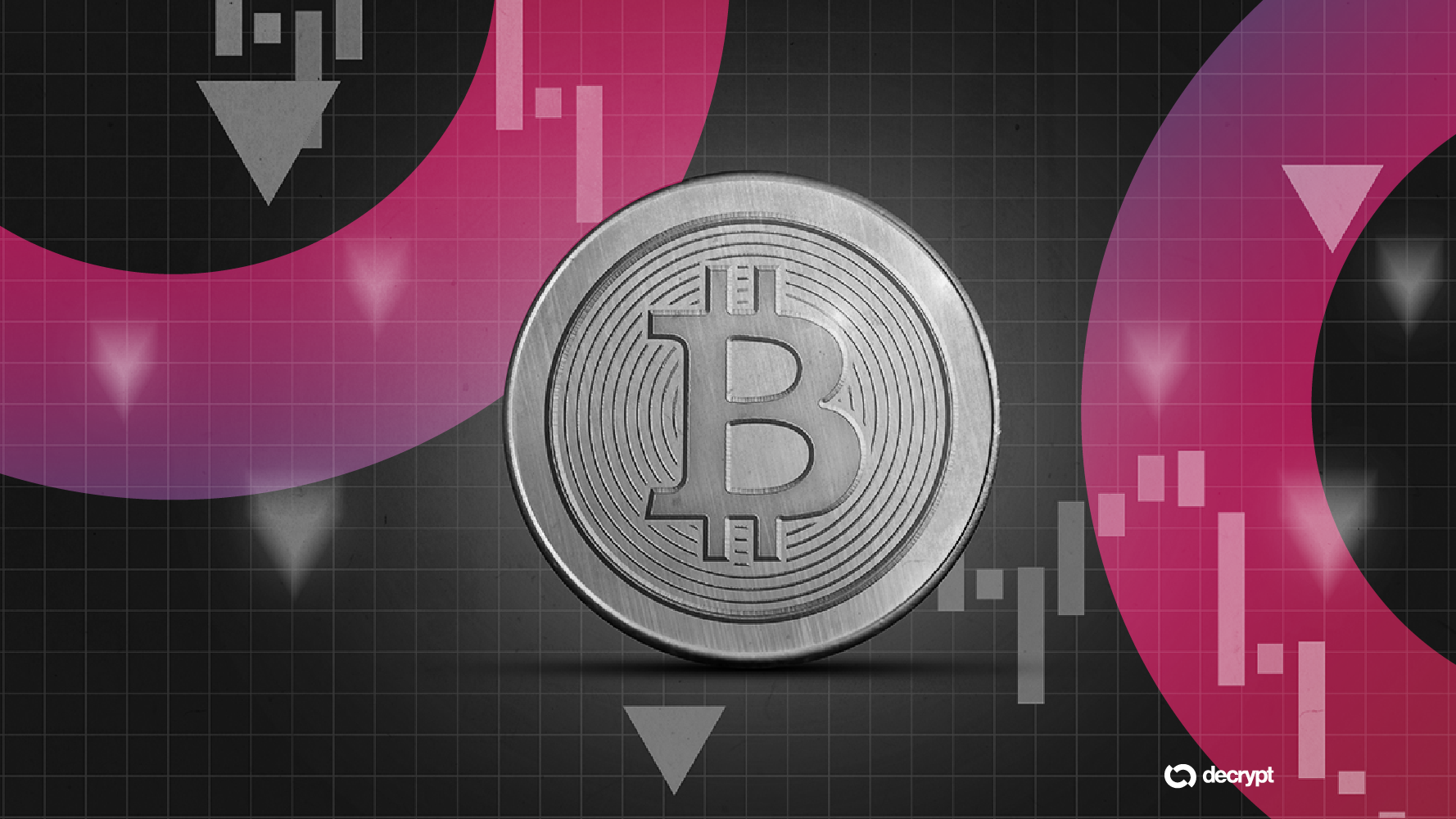Malaysia Empowers Crypto Exchanges with Token Listing Freedom in 2026
TLDR
- Malaysia hands token-listing power to exchanges, accelerating crypto market growth.
- New 2026 rules let exchanges approve tokens, boosting speed and competitiveness.
- SC’s liberalised framework modernises crypto oversight with agile governance.
- Exchanges gain full listing duty, raising standards and improving transparency.
- Reform attracts regional projects, cementing Malaysia as a rising crypto hub.
Malaysia will implement a major crypto regulation reform in 2026, allowing licensed exchanges to independently approve token listings. The Securities Commission (SC) aims to decentralize decision-making and strengthen market efficiency through a liberalised framework. This shift is expected to modernize the national crypto regulation landscape and enhance market competitiveness in Southeast Asia.
Liberalised Listing Framework and Regulatory Shift
The SC will transfer listing authority from regulators to exchanges under the new crypto regulation framework. Each Recognised Market Operator will assess tokens based on internal governance and compliance procedures. This reform will reduce approval timelines and accelerate the introduction of new digital assets in the market.
Moreover, exchanges must maintain a rigorous due-diligence process to meet the SC’s oversight expectations. They will verify trading records, review technology audits, and confirm anti-money laundering compliance. The SC believes that delegating these tasks will expand market access while maintaining control through strong governance measures.
This transformation represents Malaysia’s strategic move to align its crypto regulation standards with global best practices. The SC’s proposal, outlined in Consultation Paper No. 3/2025, marks a pivotal policy change. It introduces a balance between flexibility and supervision, ensuring consistent market stability.
Enhanced Standards and Market Responsibilities
Under the revised system, exchanges will assume full responsibility for evaluating and listing tokens. They must also ensure continuous monitoring and disclosure compliance under the new crypto regulation framework. Stronger listing committees and governance structures will become essential to uphold accountability.
Exchanges will need to implement transparent listing criteria and robust delisting policies. These steps will promote credibility and strengthen user confidence across the digital asset market. The SC will continue to oversee compliance to ensure operational transparency across all licensed entities.
This policy will enable exchanges to respond quickly to evolving market trends. It will also create a competitive environment that rewards adherence to sound governance. The expanded responsibilities will likely push platforms to improve internal systems and technological infrastructure.
Broader Implications for the Crypto Market
Token issuers will gain easier access to Malaysia’s regulated market through standardised listing procedures. The reform will attract regional blockchain projects seeking entry under stable crypto regulation. It may also encourage cross-border partnerships and greater innovation in tokenized assets.
The SC expects these changes to drive substantial growth in digital-asset adoption. Total trading volumes already rose from RM5.4 billion in 2023 to RM13.9 billion in 2024. This rapid expansion reflects Malaysia’s growing role as a regional crypto hub.
Malaysia’s new framework will distinguish it from stricter regimes in Japan, Hong Kong, and Thailand. While others retain centralized approval models, Malaysia’s liberalised crypto regulation emphasizes agility and accountability. If effectively enforced, it could position the country as a leading digital finance center in Asia.
The post Malaysia Empowers Crypto Exchanges with Token Listing Freedom in 2026 appeared first on CoinCentral.
You May Also Like

• Arm will add Nvidia’s NVLink to its Neoverse chips for large AI data centers.

Mt. Gox moves $936M in Bitcoin after eight-month dormancy
